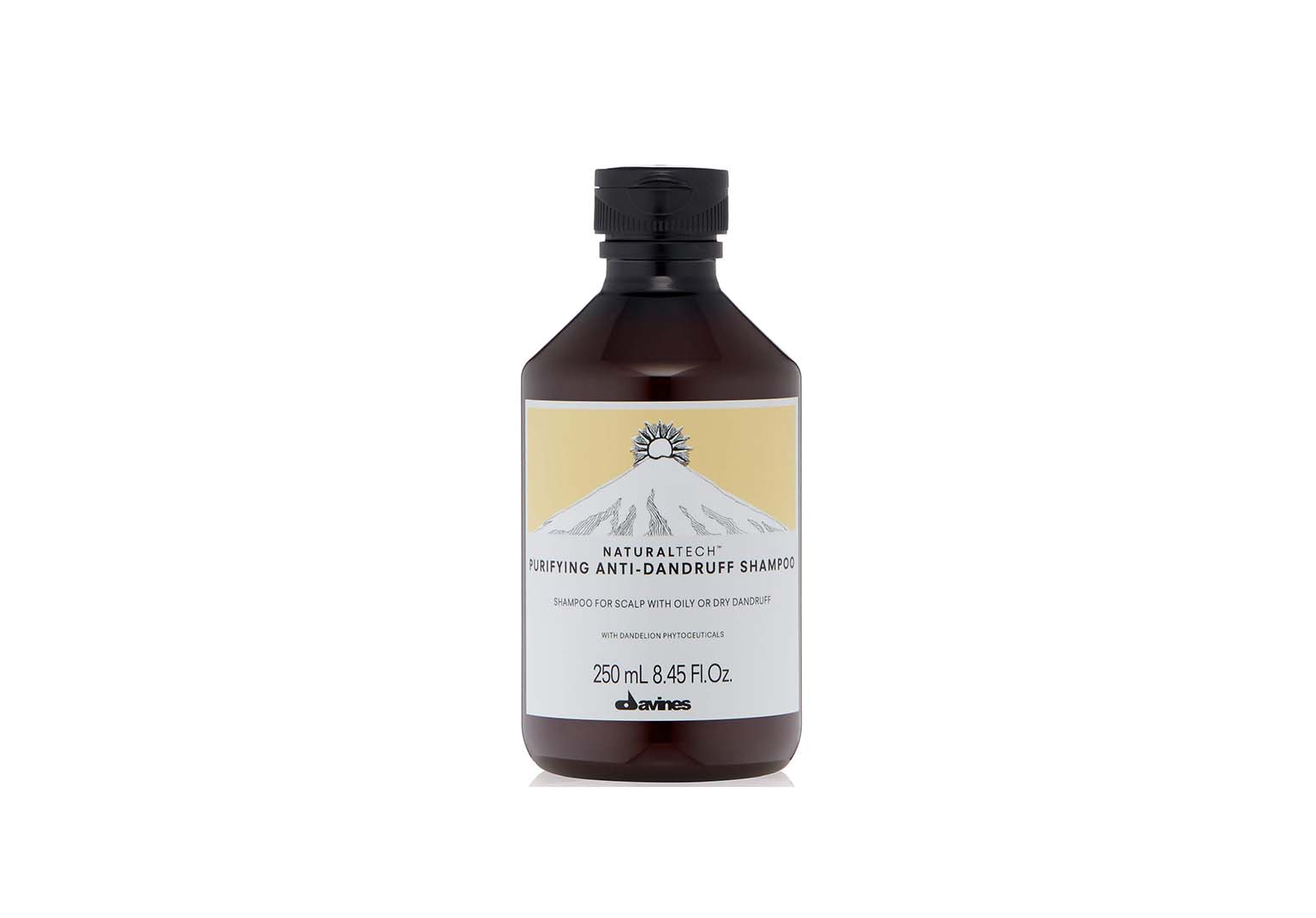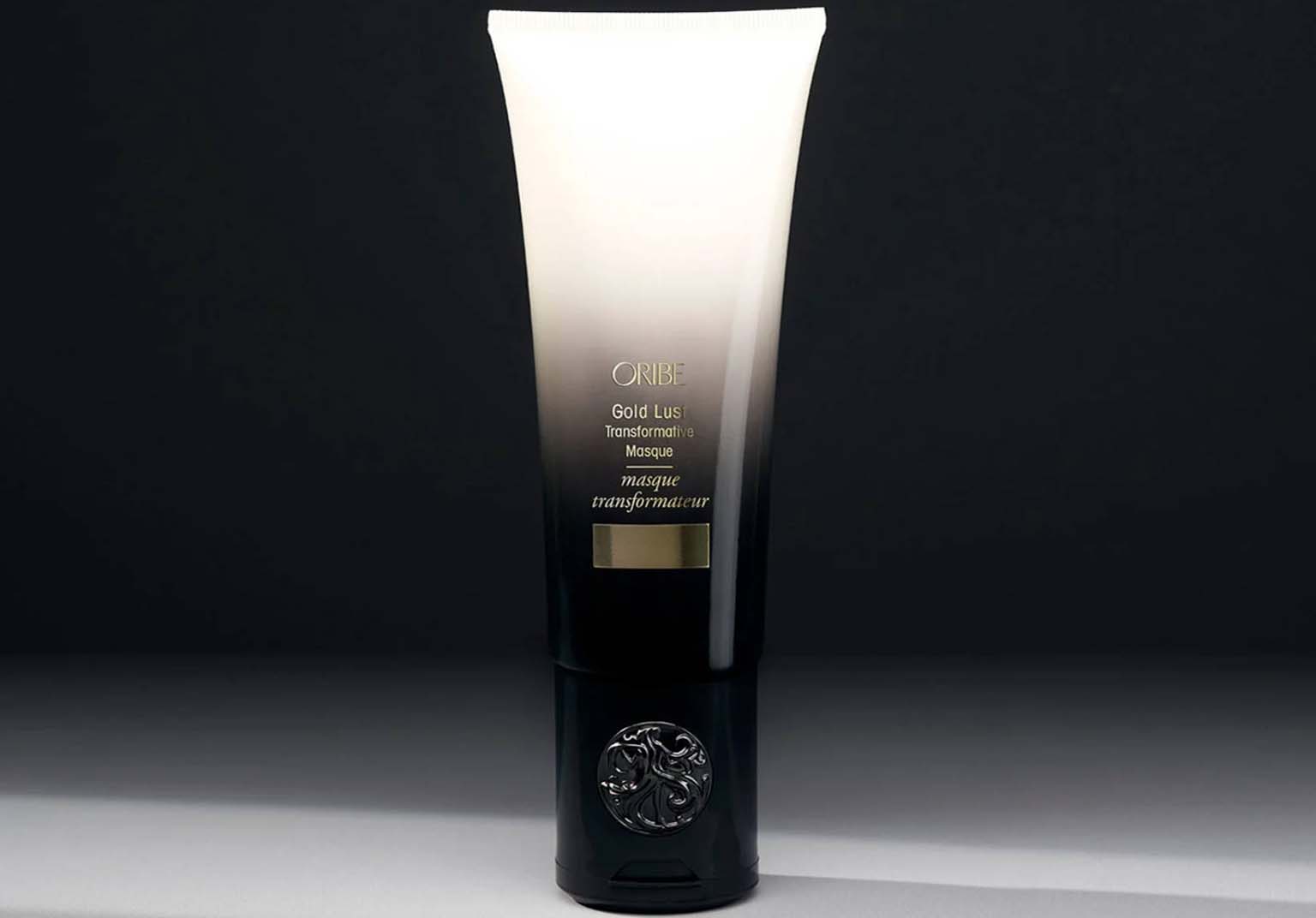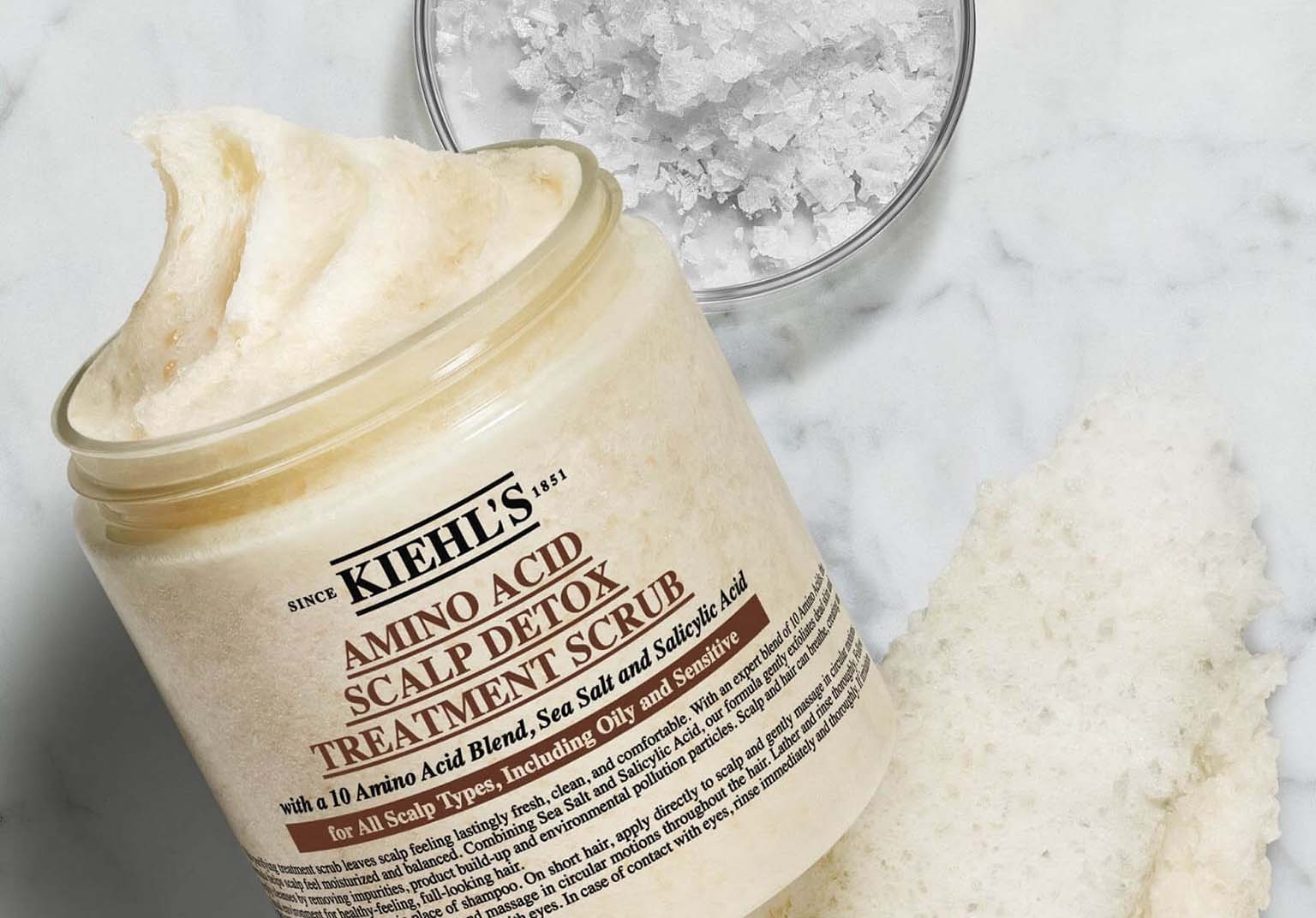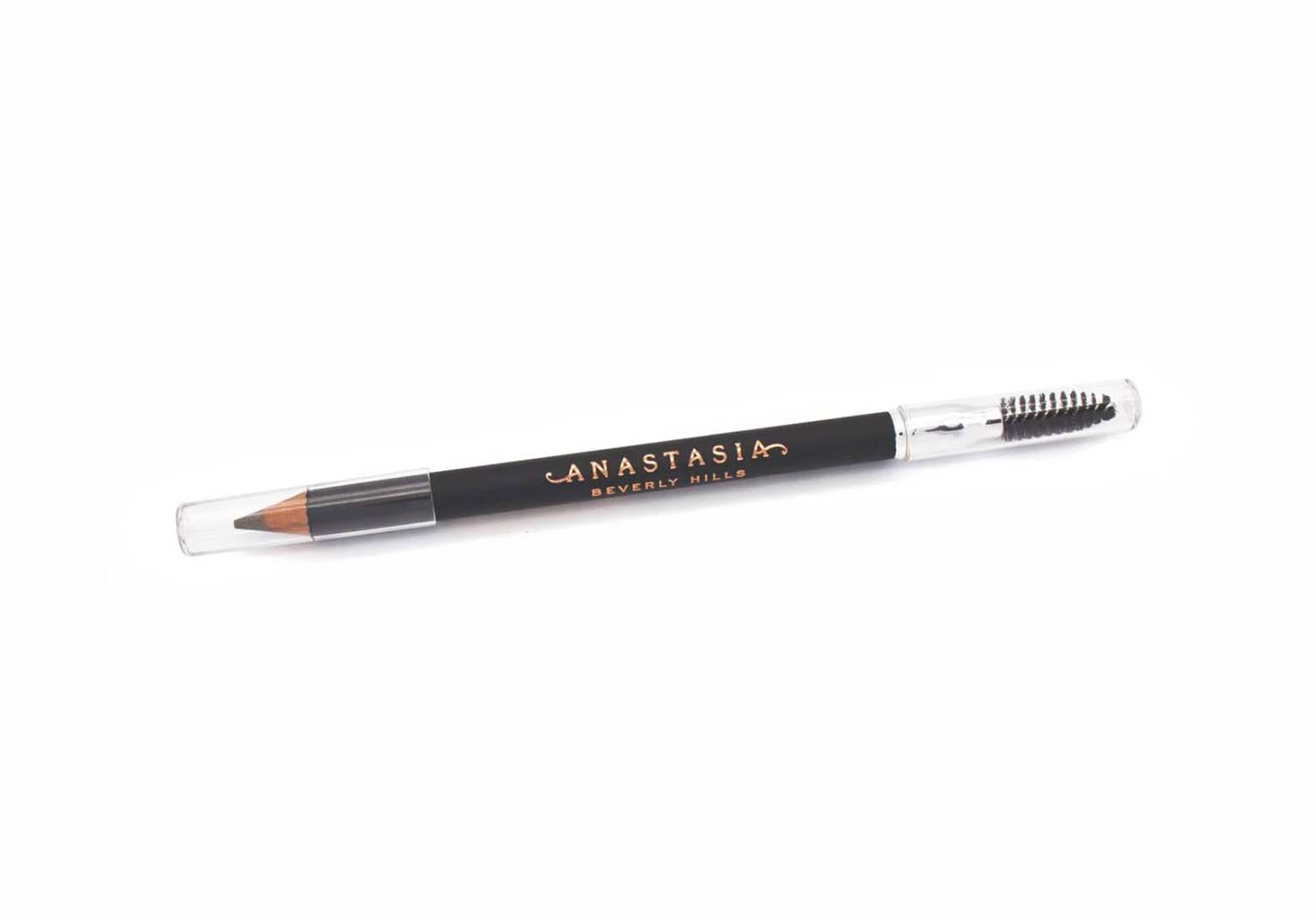When it comes to hair loss, most people immediately think about genetics, stress, or even diet. While these factors certainly play a role, an often overlooked aspect of hair health is the condition of the scalp. Scalp health is crucial for maintaining strong, healthy hair, and neglecting it can lead to various issues, including hair thinning and loss. This article will delve into the intricate connection between scalp health and hair loss, offering insights into what you need to know to keep your hair—and scalp—in the best possible condition.

Understanding Scalp Health
The scalp, much like the skin on the rest of your body, needs proper care to stay healthy. It is a complex structure made up of multiple layers, including the epidermis (outer layer), dermis (middle layer), and a subcutaneous fat layer (bottom layer). The scalp is home to numerous hair follicles, sebaceous glands, sweat glands, and blood vessels, all of which play a significant role in hair growth.
A healthy scalp is typically well-moisturized, with a balanced pH level and a strong barrier function to protect against infections, irritants, and environmental damage. When the scalp’s health is compromised—whether due to dryness, excessive oiliness, inflammation, or infection—it can lead to a range of problems that impact hair growth and retention.
Common Scalp Conditions Linked to Hair Loss
Several scalp conditions can contribute to hair loss. Understanding these conditions can help in identifying the root cause of your hair loss and addressing it effectively.
1. Dandruff and Seborrheic Dermatitis
Dandruff, characterized by white flakes of dead skin, is often a sign of an unhealthy scalp. While mild dandruff may not cause significant hair loss, chronic cases or seborrheic dermatitis—a more severe form of dandruff marked by inflamed, oily, or scaly skin—can weaken hair follicles. The inflammation associated with these conditions can disrupt the hair growth cycle, leading to hair thinning or loss.
2. Scalp Psoriasis
Scalp psoriasis is an autoimmune condition that causes the skin cells on the scalp to multiply rapidly, leading to thick, scaly patches that can be itchy and painful. The condition can cause hair loss when severe itching leads to scratching, which can damage the hair follicles. Additionally, the inflammation caused by psoriasis can interfere with normal hair growth.
3. Folliculitis
Folliculitis is the inflammation or infection of hair follicles, often caused by bacteria or fungi. It can result in red, pimple-like bumps on the scalp, which may be painful or itchy. In severe cases, folliculitis can cause scarring and permanent hair loss if the affected hair follicles are destroyed.
4. Alopecia Areata
Alopecia areata is an autoimmune disorder where the immune system attacks hair follicles, leading to hair loss. This condition often presents as sudden, patchy hair loss on the scalp, though it can affect other areas of the body as well. While the exact cause of alopecia areata is unknown, it is believed to be related to genetic and environmental factors, with scalp health playing a role in the severity and progression of the condition.
The Role of Scalp Inflammation in Hair Loss
One of the key connections between scalp health and hair loss is inflammation. Inflammation can occur for various reasons, including scalp infections, autoimmune reactions, or chronic conditions like dandruff and psoriasis. When the scalp is inflamed, the hair follicles may become stressed or damaged, disrupting the hair growth cycle.
Hair growth occurs in three phases: anagen (growth phase), catagen (transitional phase), and telogen (resting phase). Inflammation can prematurely push hair follicles into the telogen phase, where the hair sheds and is not replaced by new growth. This condition is known as telogen effluvium, a common form of hair loss triggered by stress, illness, or scalp inflammation.
Chronic inflammation can also lead to scarring alopecia, where the hair follicles are destroyed and replaced by scar tissue, resulting in permanent hair loss. Conditions like lichen planopilaris and frontal fibrosing alopecia are examples of scarring alopecia caused by inflammation.
How to Improve Scalp Health to Prevent Hair Loss
Maintaining a healthy scalp is essential for preventing hair loss and promoting hair growth. Here are some key strategies to improve scalp health:
1. Regular Cleansing
Keeping the scalp clean is crucial for preventing the buildup of oil, dirt, and dead skin cells that can clog hair follicles and lead to scalp conditions. Choose a gentle shampoo that suits your scalp type—whether it’s oily, dry, or sensitive—and avoid harsh chemicals like sulfates and parabens that can strip the scalp of its natural oils.
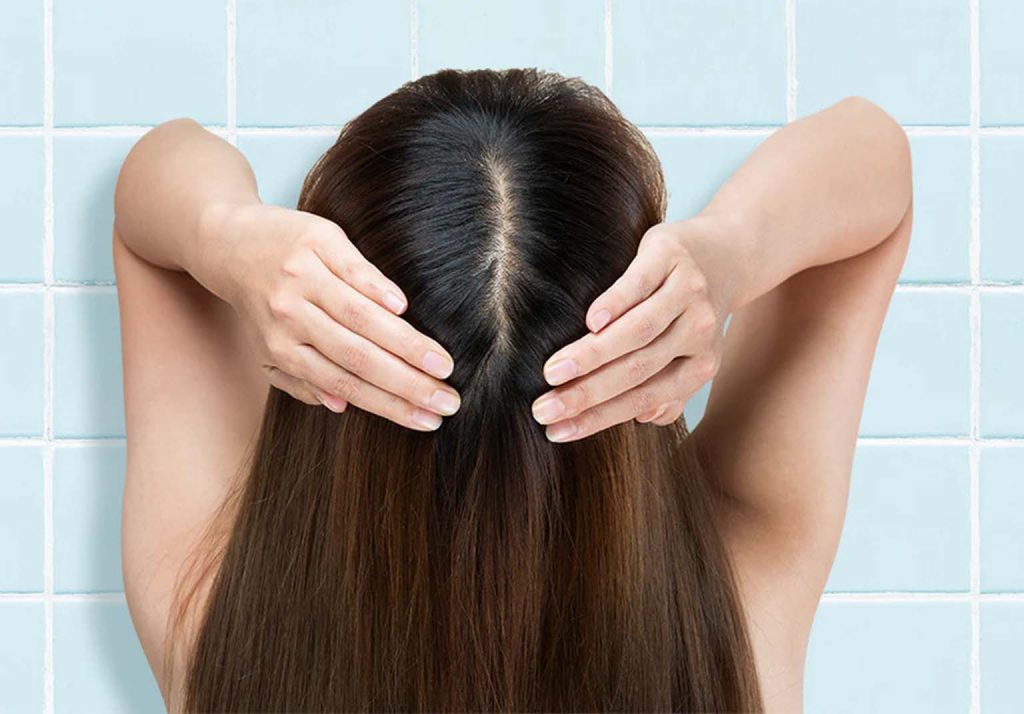
2. Exfoliation
Just like the skin on your face, your scalp can benefit from regular exfoliation to remove dead skin cells and product buildup. Scalp exfoliants or scrubs can help unclog hair follicles, reduce dandruff, and promote better circulation to the scalp. However, be careful not to over-exfoliate, as this can irritate the scalp and cause more harm than good.
3. Moisturization
A well-moisturized scalp is less likely to become dry, flaky, or irritated. Look for shampoos and conditioners with moisturizing ingredients like aloe vera, hyaluronic acid, or glycerin. Additionally, using a leave-in conditioner or scalp serum can provide extra hydration, especially if you have a dry scalp.
4. Balanced Diet
Your diet plays a significant role in scalp health and hair growth. Nutrients like biotin, zinc, iron, and vitamins A, C, and E are essential for maintaining healthy hair follicles. Incorporate a variety of fruits, vegetables, lean proteins, and healthy fats into your diet to support scalp health from the inside out.
5. Scalp Massages
Regular scalp massages can improve blood circulation to the hair follicles, promoting hair growth and reducing stress. You can use your fingertips or a scalp massager to gently massage your scalp in circular motions for a few minutes each day. This practice can also help distribute natural oils from the scalp, keeping it moisturized.
6. Avoiding Heat and Chemical Damage
Excessive use of heat styling tools and chemical treatments like hair dye, relaxers, or perms can damage the scalp and hair follicles, leading to hair loss. Whenever possible, limit your use of heat styling tools and opt for gentle, natural hair care products. If you do use heat, always apply a heat protectant to minimize damage.
7. Managing Stress
Stress is a major contributor to scalp issues and hair loss. Practices like yoga, meditation, regular exercise, and adequate sleep can help manage stress levels and improve overall scalp health.
When to Seek Professional Help
If you’re experiencing persistent scalp issues or significant hair loss, it’s important to consult a dermatologist or trichologist. They can diagnose underlying conditions and recommend appropriate treatments, such as medicated shampoos, topical treatments, or oral medications.
In some cases, hair loss may be due to a more serious condition that requires medical intervention. For example, conditions like alopecia areata, scalp psoriasis, or severe folliculitis may need prescription treatments to manage symptoms and prevent further hair loss.
Scalp health is a critical component of overall hair health. An unhealthy scalp can lead to a variety of issues, from dandruff and itching to more severe conditions like alopecia and scarring alopecia, all of which can contribute to hair loss. By maintaining a clean, balanced, and well-nourished scalp, you can help prevent hair loss and promote strong, healthy hair growth.
Taking proactive steps such as regular cleansing, exfoliation, moisturization, and stress management can go a long way in preserving both your scalp and hair. And remember, if you notice persistent issues with your scalp or hair loss, don’t hesitate to seek professional advice.

